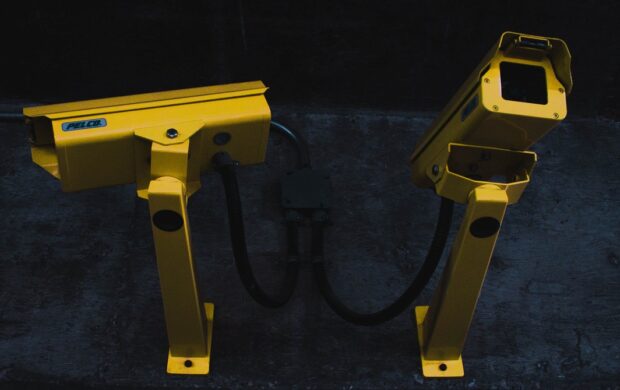Since the Boko Haram insurgency began in 2002 in Nigeria, one million people may have been displaced, according to estimates by the International Organization for Migration (IOM) and Nigeria’s National Emergency Management Agency.
IOM’s Displacement Tracking Matrix was launched in Nigeria in July 2014. As of December 23, it identified a total of 389,281 internally displaced persons (IDPs) in five states: Adamawa, Bauchi, Gombe, Taraba and Yobe. Nigeria’s National Emergency Management Agency (NEMA) recorded another 522,523 IDPs in Borno and the states of Nasarawa, Kaduna, Kano, Plateau and Zamfara bringing the total number of registered IDPs to around 912,000. This figure could grow, says IOM, with implications for Cameroon, Niger and Chad.
IOM Director of Operations and Emergencies Mohammed Abdiker said, “We now have irrefutable data on the impact of this crisis on Nigerians and are advocating for more effective humanitarian measures.”
Image credit: European Commission DG ECHO














